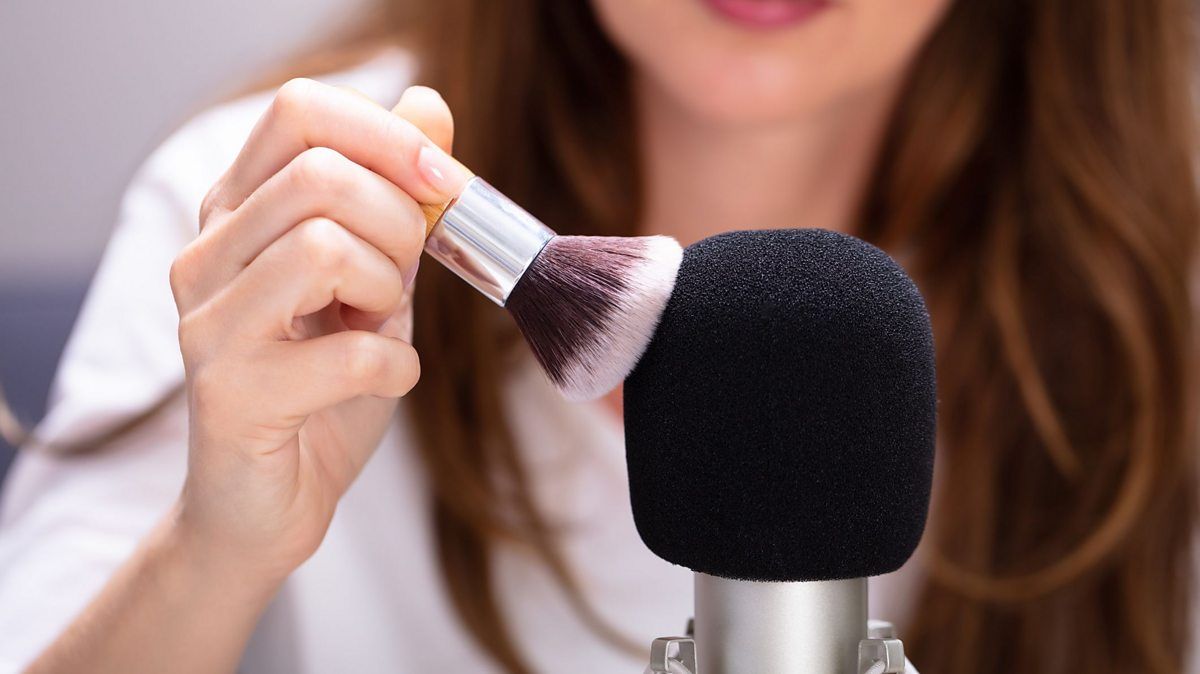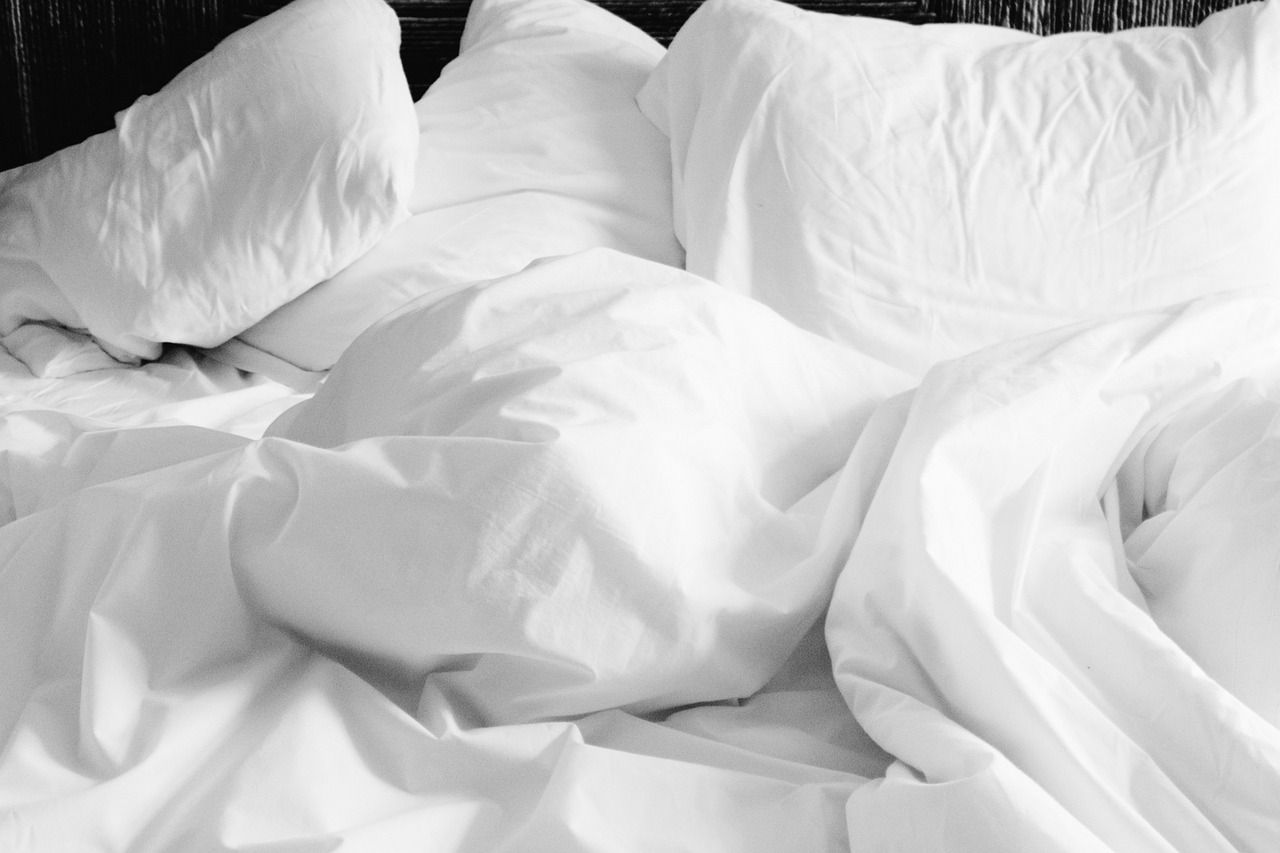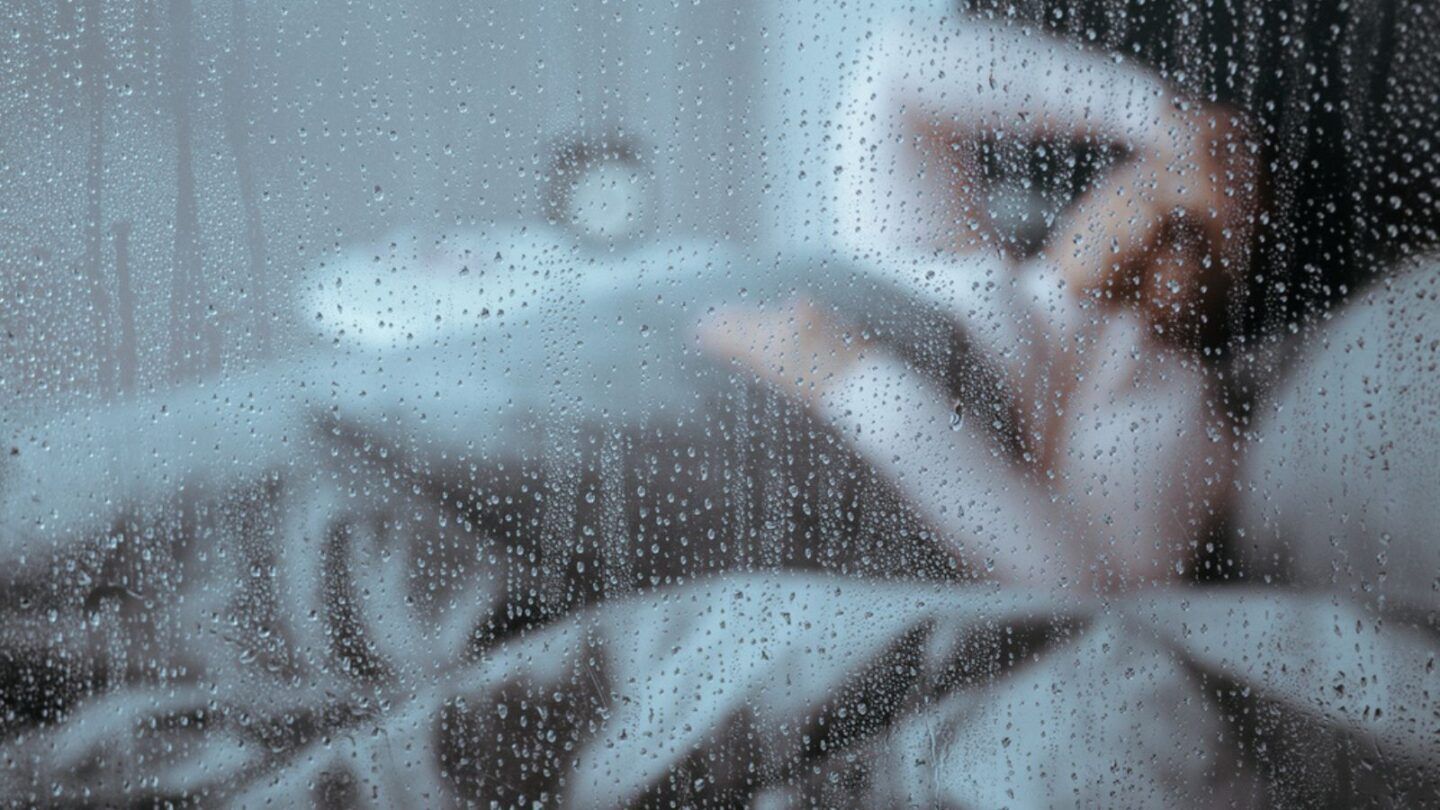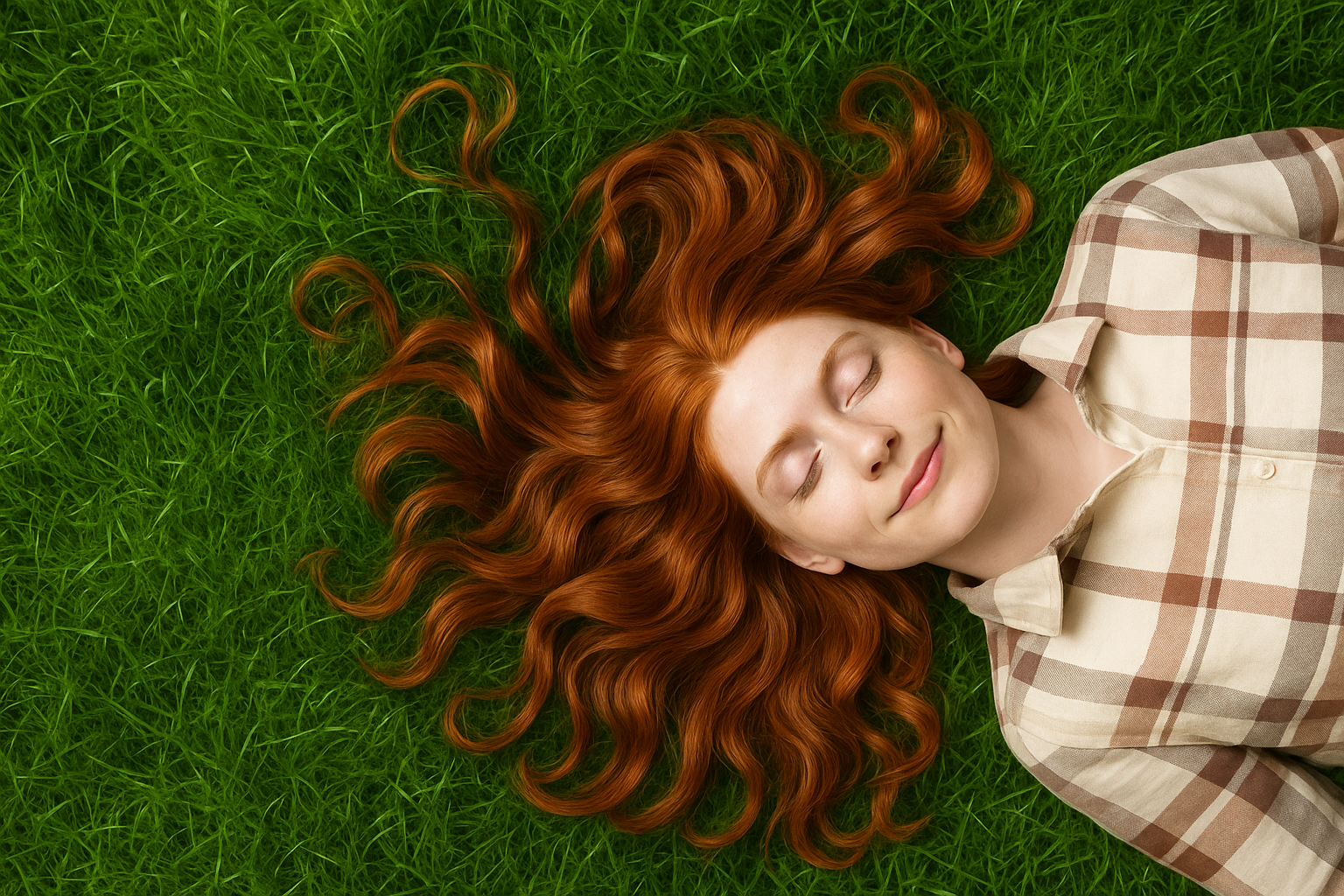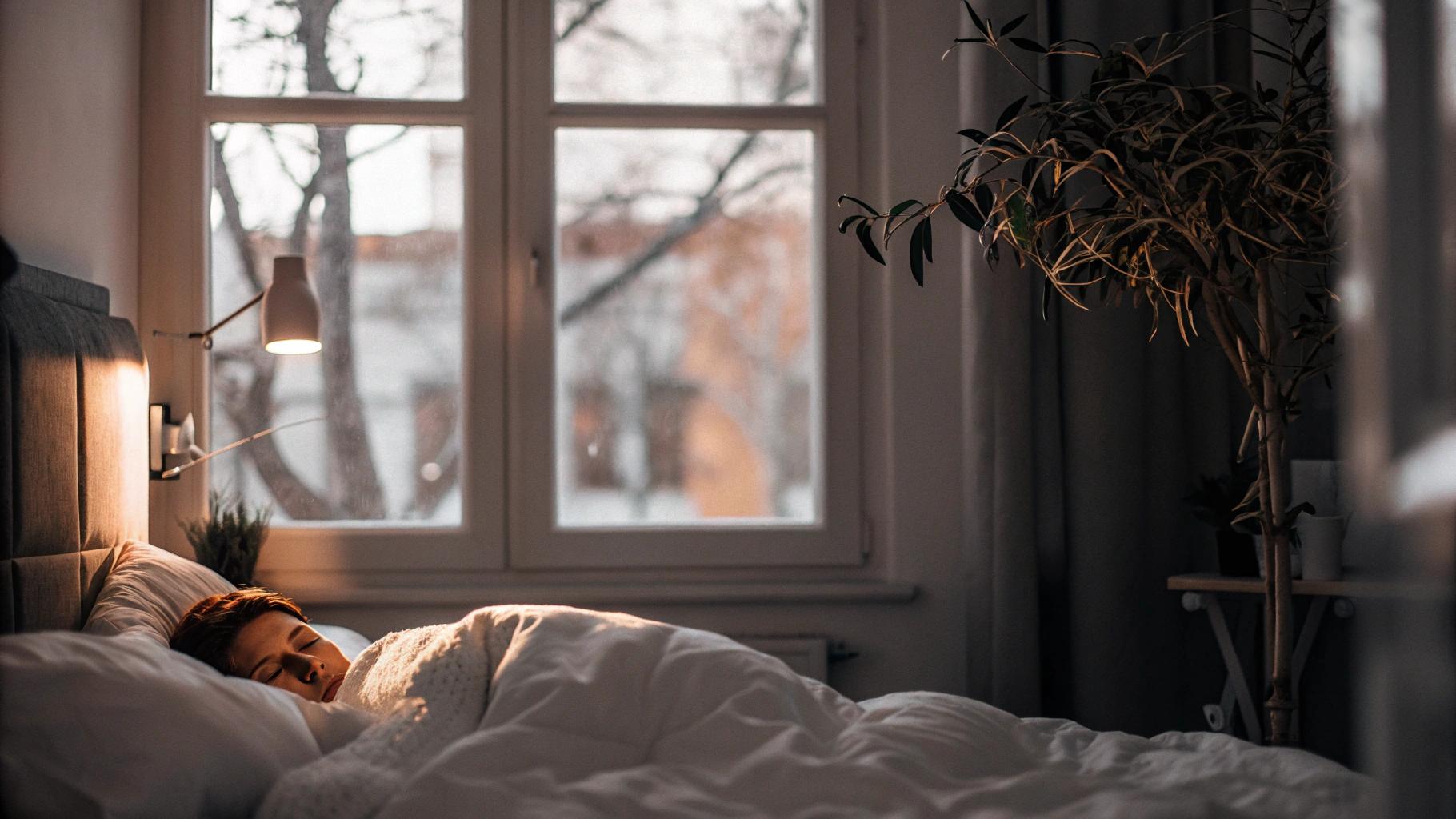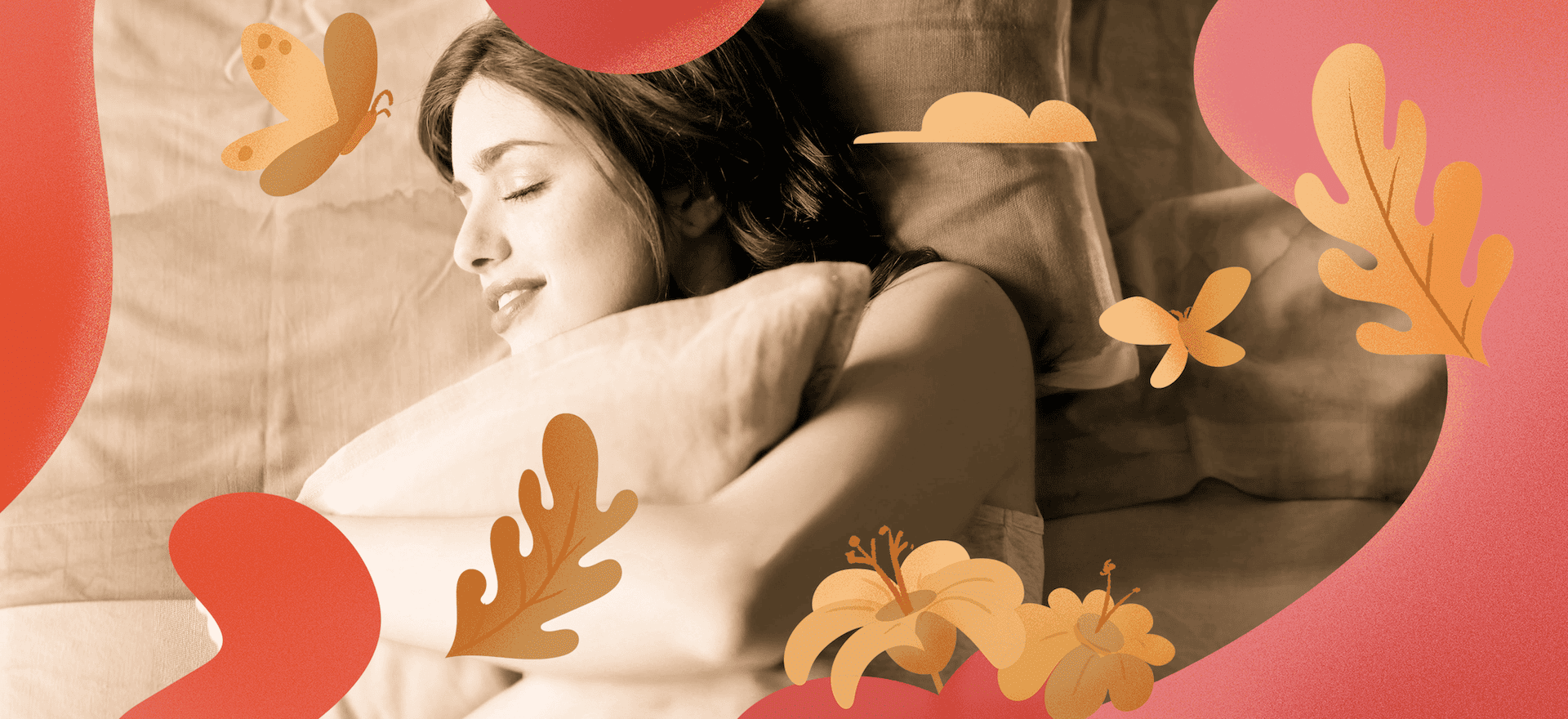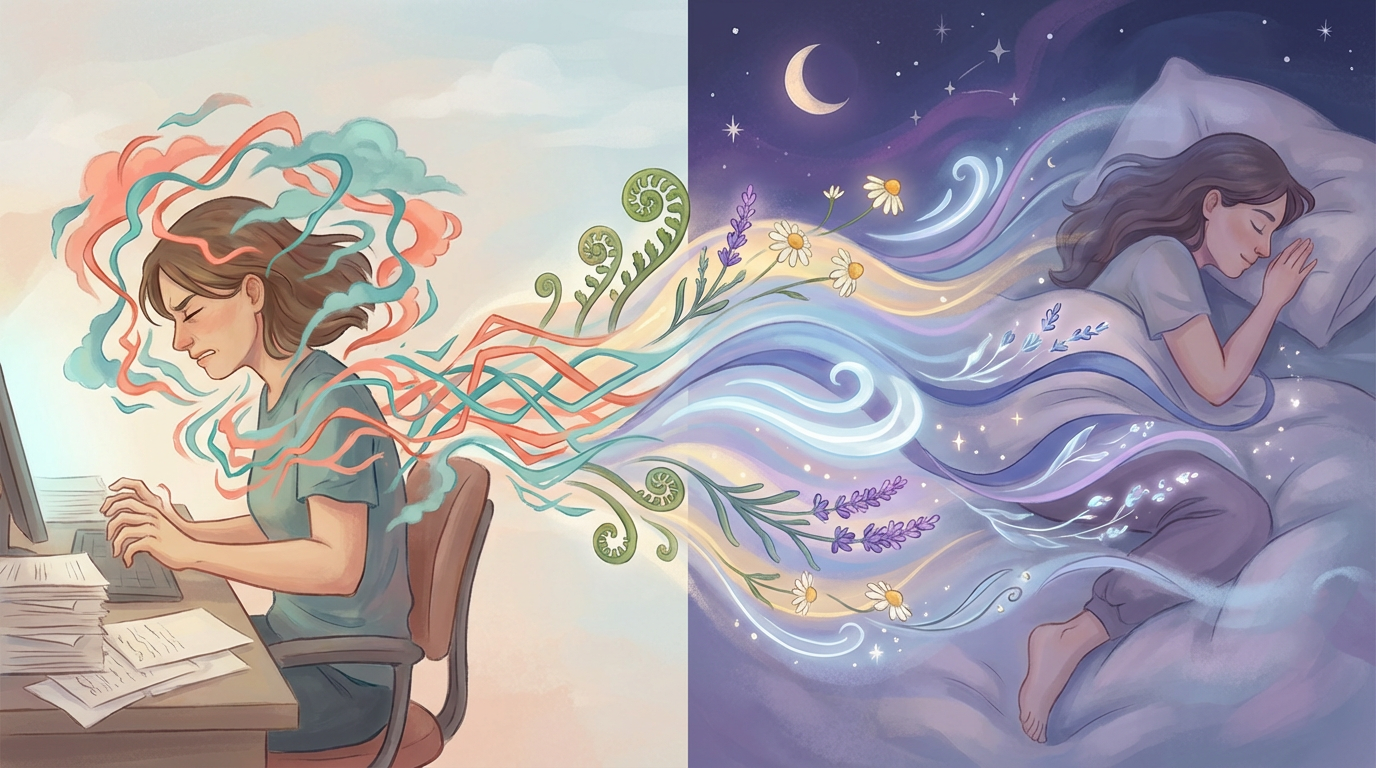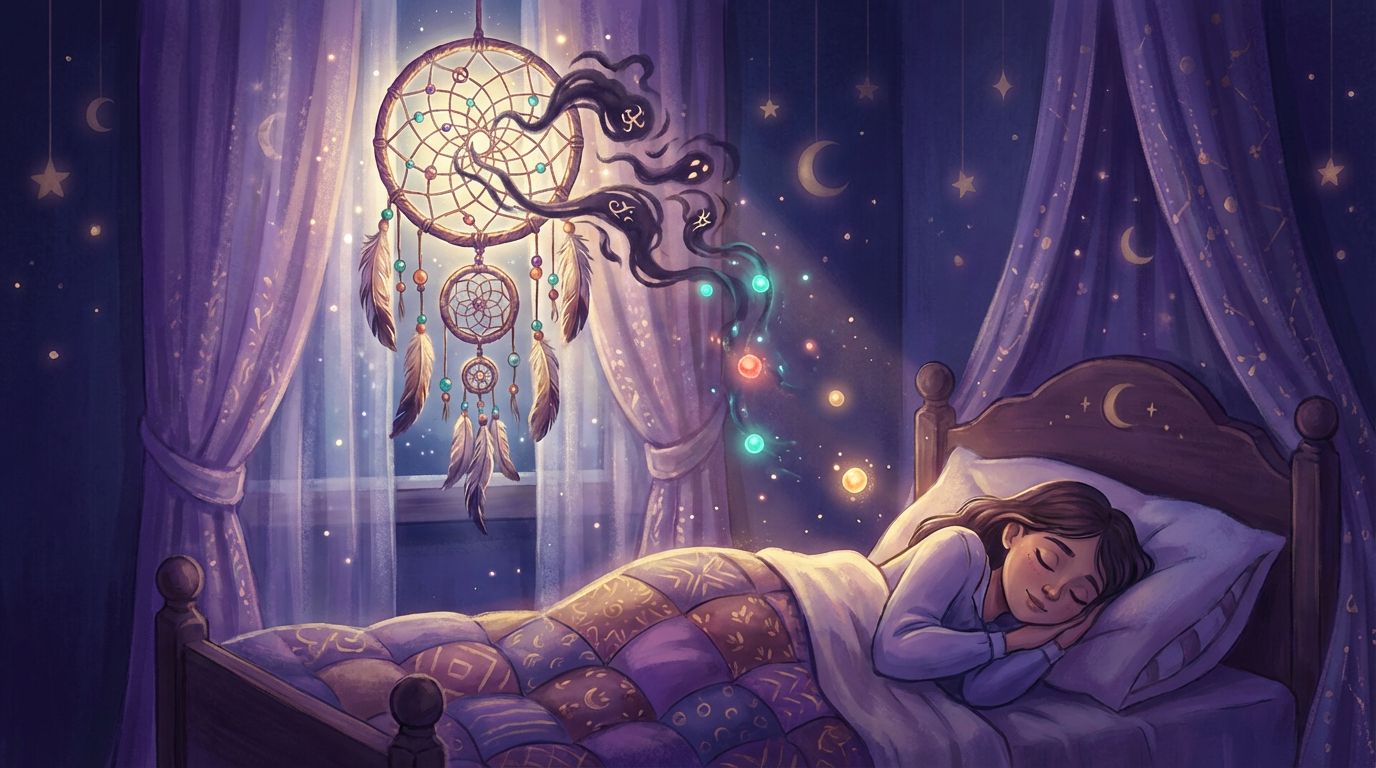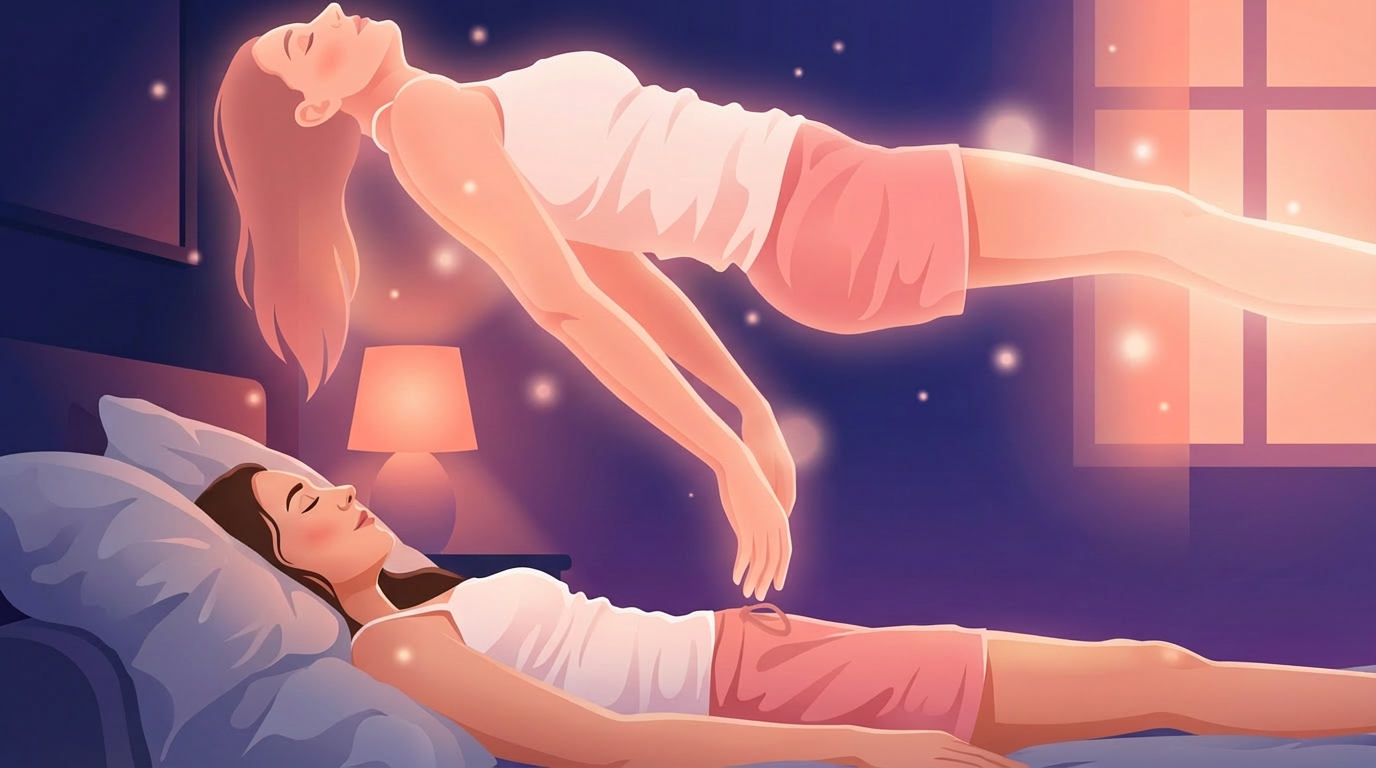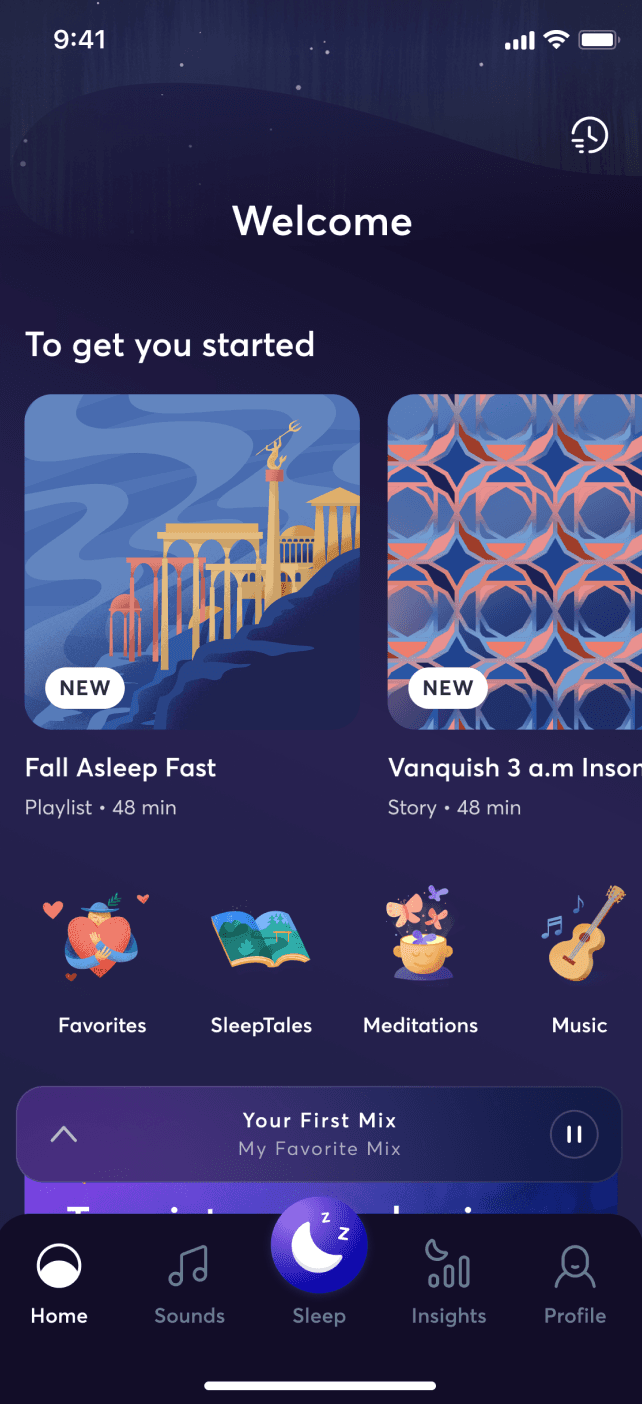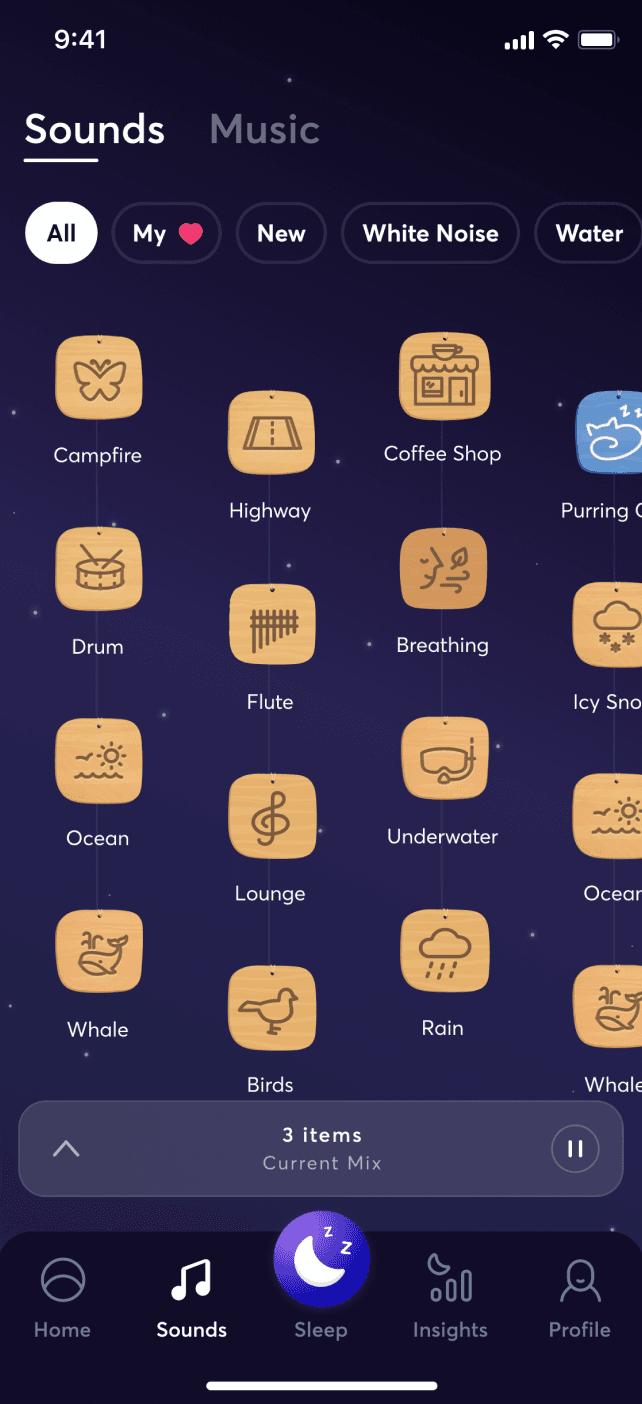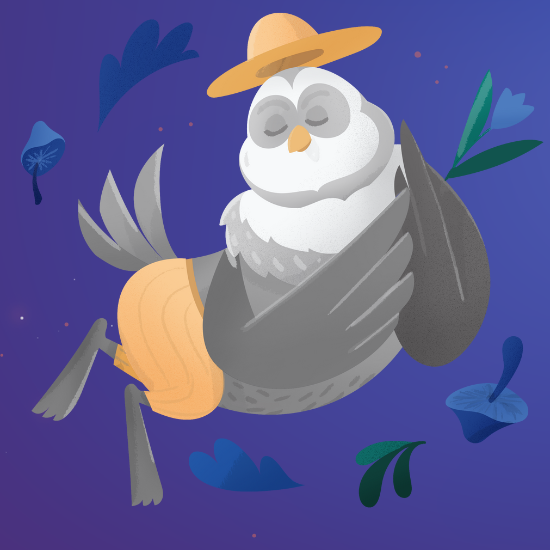
Chronotypes: Owl
The morning alarm clock rings, and you can't help but feel exhausted. You’ve spent the whole night before working on anything and everything. Drawing up new paintings, writing poetry, and spending time doing research.
Every night it’s the same pattern. You know you should be going to bed earlier. Society wants you to go to bed early and to wake up in the morning to your alarm clock, but you can't help but feel the need to jam as much productivity into your nighttime routine as possible. It’s when you feel the most productive. At this point, you're not a morning person; you're more in tune with the night owls.
During the day, you can't help but feel unfocused, unclear, and disgruntled with the “norm” of being productive during the day; it just doesn't suit your style.
What if we told you there’s more like you out there? Night owls exist, and there are a ton of people who follow the same patterns of productivity. Just like you, they become focused and productive when the sun sets, and they have trouble waking up in the early hours for their work or school schedule. Plus, they always tend to go to bed late. This is what’s commonly referred to as the Owl chronotype.
In today’s article, we’ll be breaking down what a chronotype is, what it means to be a night owl, how you can figure out if you are a night owl and some of the many characteristics and upsides of being one. Keep reading to learn more!
What is a chronotype?
Chronotype is your inclination to wake up at a certain time and go to sleep at a certain time. It regulates your sleep and wake times. Overall, it has a strong influence on your sleep cycle. But it also influences your appetite, exercise, and core body temperature.
Some people experience very similar chronotypes from one another, while others experience opposites. Some of us feel more productive in the mornings, while some might feel more productive in the later afternoon.
There’s no one size fits all situation when it comes to chronotype. It’s likely influenced by genetics, age, and other factors, according to the National Sleep Foundation. Your chronotype also tends to change as you age. Most children have an early chronotype, and as you reach your early adolescents, it tends to get pushed later into the day.
What does it mean if someone's a night owl?
Night owls are seen as someone who spend most of their nights awake and working at things but then spends their mornings sluggishly going about their day, or if they’re lucky enough, in slumber until the afternoon. Night owls tend to be the complete opposite of an "early bird."
How do you know if you're a night owl?
Some questions you can ask yourself to help you figure out if you're a night owl include:
- When do you feel most productive or energetic? If it’s after the sunset, this could indicate that you’re one of the night owls.
- Do you have difficulty waking up in the morning? This could be another indicator, as it could result from your late nights and natural inclination to sleep in longer and spend more time awake in your nighttime routine.
- If you didn’t have an alarm, what time would you naturally awake and sleep? A night owl's immediate answer would be to stay up late and sleep in.
Is it good to be a night owl?
Night owls might seem to be at a disadvantage because of the regular hours that society runs off of. Everyone seems to be an early bird. This can inevitably create a dysfunctional night owl, leading to unrest and fatigue if they stay up late despite their early bird schedules.
But still, being part of the night owls might be a good thing in some regards. Studies show that night owls may outperform early birds regarding creativity. Plus, being more energetic and productive in the nighttime may help night owls do more than early risers.
Seeing that during the day, there are many more distractions, plugging away at tasks at night may allow night owls to focus more and get more done without dealing with outside noises and distractions.
Are night owls more intelligent?
Studies suggest that night owl are smarter compared to their early birds. They also tend to have higher IQs.
In another study on top-ranked MBA graduate students in the US, researchers found that night owls scored higher on GMAT scores. The GMAT is a business school entrance exam.
Studies seem to suggest that night owls are smarter. But the research isn't extensive. Overall, more research is needed to establish that night owls are more intelligent when compared to early birds and other chronotypes.
What are 2 characteristics of a night person?
There are a variety of characteristics that a night person may embody. One of the most likely is a creative side. With the world shut down around them, a writer, painter, or creative person might find they work better during these hours. The silence, solitude, and ability to think without distractions might allow creative minds to do their best work and let their ideas flow naturally.
Night owls would also experience what might be considered a “second wind” during the evening hours. This isn’t something they necessarily create on their own, but it naturally occurs within them as their natural sleep pattern has more energy at night and is prone to sleeping in during the morning hours.
Is it healthy to be a night owl?
One study found that night owls may be more at risk of developing diabetes compared to morning people. It may also be a lot harder for night owls to get adequate sleep if they still find themselves leaning towards a late bedtime despite an early bird's schedule.
Insufficient sleep can hurt your health for a variety of reasons. And if you find yourself going to bed late, even with an early morning schedule, you might not get enough sleep every night. A lack of sleep could cause:
- Strokes
- Obesity
- Diabetes
- Depression
- Lower libido
- Heart attack
- Heart failure
- Depression
- Reduced immune system function
The National Sleep Foundation recommends that healthy adults get anywhere from 7 to 9 hours of sleep per night. This could be difficult for a night owl who follows a strict morning schedule for work or school, as they may be inclined to stay up late. They won't be able to sleep in for long hours to get that necessary 7 to 9 hours of sleep.
But there is hope. There are several strategies you can use as a night owl to get the maximum amount of sleep for your overall health while still maintaining the extreme night owls sleep patterns.
Streamline your morning routine. If you can make your morning routine seamless and easy, you can save more time and allow yourself more hours to sleep in, even if you fall asleep late at night.
Stick to the same bedtime and wake time. Maintaining a regular sleep schedule will help you fall asleep at a reasonable hour, and it’ll help you maintain decent energy levels throughout your day.
Create a nighttime routine. Following a nighttime routine can help you unwind, destress, and prepare your body for sleep even when you feel less tired.
Overall, it’s not necessarily "unhealthy" to be an owl chronotype, and it's not necessarily "healthy" either.
Some studies suggest there may be healthy disadvantages and there may be advantages. Most important is that you get the right amount of sleep every night necessary to create good levels of energy throughout your day and give your body the rest it needs.
Although it might be difficult to get 7-9 hours of sleep with a regular 9-5 work or school schedule, there are steps you can take to give yourself more of a chance of getting a good amount of sleep while continuing with your late-night routine.
What do night owls do at night?
Depending on who you are and your interests, you might participate in different hobbies compared to other night owls. All Owls follow a similar sleep pattern, but they're all unique in who they are, so their hobbies could differ.
Some activities this chronotype might find themselves taking part in include:
- Reading
- Writing
- Painting
- Playing video games
- Editing films or scripts
What is the advantage of being a night owl?
We’ve gone through various things that an Owl chronotype might have going for them compared to early birds. But to sum it up:
- Quiet time. Spending your hours on productive tasks at night may be beneficial in helping you focus due to the quietness and solitude that comes from working at hours when society and most morning people are in a state of slumber.
- Helps bring out creativity. With less noise and disturbances, the creative mind can be left to wander and bring about new ideas more freely. Numerous studies suggest that those that fall under this chronotype tend to be more creative.
- Higher intelligence. Although it’s not definite, most studies we shared throughout this article suggest that night owls might be smarter than their morning-bird friends.
Conclusion
The Owl chronotype may be disadvantaged because of how society normally runs. Still, they can take proper precautions and actions to make the most of their time despite this disadvantage.
Research shows that owls may have higher intelligence, and they may be prone to be more creative compared to early birds. You can leverage your time at night easier too. With the world shut down, the quietness, and overall solitude, night owls, have an advantage during this time because they may be able to get more done without distractions.
However, it's important to try and get a good amount of sleep every night. With a proper streamlined morning routine, bedtime routine, and regular sleep and wake times, a night owl can maintain adequate sleep while still participating in their productive and creative activities at night.
Are you still unsure if you’re a night owl? Understanding your chronotype can help you create better routines and tendencies throughout your day, allowing you to maximize your productivity, get the rest you need, and maintain a sleep schedule suitable for you and your needs.
To learn more about your chronotype and what you are, take a look at our chronotype breakdown, where we share the qualities of every chronotype and how they best operate.

